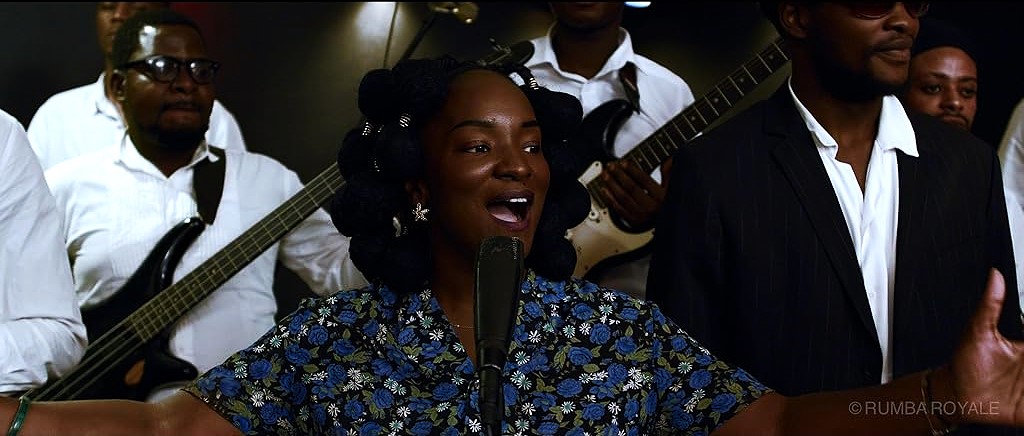The actor and singer is recognized for his transdisciplinary approach combining visual art, music and acting.
He is one of the few Congolese artists of his generation to evolve in four languages – Swahili (which he has spoken since childhood), Lingala and French.
Then there is English, a language which facilitated his integration into a multilingual shooting shot on several historical sites of Congo.
His involvement in this project coincides with an extended stay in Tanzania, announced by his entourage as a period of artistic residency and collaborations with East African artists.
Contacted in Dar es Salaam, the actor’s entourage confirmed his presence on site in the coming weeks, without specifying the duration or the partners involved.
Official announcements on future musical projects are expected.

The Congolese artist Anzor Alem, born in Kisangani, is preparing to stay in Tanzania’s cultural capital, Dar es Salaam.
This presence, still discreet but announced by its close collaborators, is part of a phase of artistic research and immersion in East Africa.
It could also announce new musical collaborations in an increasingly strategic region for trans-African cultural exchanges.
While Swahili-speaking music is experiencing a growing regional influence, especially through Bongo Flava or Afro-fusional fusions, artists from Central Africa are increasingly interested in it.
Anzor Alem is not the first to take this trajectory, however his approach, which combines cinema and music, questions the emergence of a new generation of hybrid African artists, capable of evolving in several disciplines and crossing linguistic and geographical barriers.
This shift comes at a key moment in its news:
Anzor is in the cast of Rumba Royale, a Congolese film expected for December 2025, in which he shares the poster with Fally Ipupa, another important figure in the Congolese scene.
Directed by Yohane Dean Lengol and Hamed Mobasser, the feature film intends to tell the artistic and political effervescence of Congo on the eve of its independence in 1960.
The film features a rumba club in Léopoldville, then the epicenter of identity and cultural tensions between Belgian and Congolese colonists.
Fally Ipupa plays a photographer named Danel, while Anzor Alem plays Drill, a character inspired by figures of artistic and cultural resistance in the face of colonial domination.
According to elements reported by News Ghana, Drill would represent an artist archetype anchored in his time, using music as a tool of awareness and contestation.
The production, carried out by Tosala Films and Emotive Productions, with the support of Pathé Afrique, claims a meticulous historical reconstruction.
Shot largely in the Democratic Republic of Congo, Rumba Royale aspires to a double reading: a dramatic fiction anchored in the political context of the 1950s, and a tribute to Congolese rumba, inscribed in 2021 on the UNESCO Intangible Heritage List.
According to the information available to date, the film will be launched in cinemas in French-speaking Africa on December 12, 2025, coinciding with the 65th anniversary of Congolese independence.
European screenings are being negotiated for 2026, as part of international festivals focused on pan-African or postcolonial cinema.
Beyond the film, the presence of Anzor Alem in Dar es Salaam feeds some speculations around a broader project, possibly musical or audiovisual.
No official announcement has yet been made, but according to a source close to the production team, the stay would also be linked to a series of artistic residencies involving Tanzanian musicians and East African directors.
In a period when African artistic identity is being redefined at the intersection of several heritages, this dynamic illustrates a desire for regional anchoring without renouncing a continental ambition.
If Anzor’s role in Rumba Royale connects him to the colonial history of his country, his movement to the East raises another question:
How do contemporary artists recompose the cultural maps of the continent, beyond the linguistic logics inherited from colonization?
Neither a simple geographical movement nor a promotional tour, Anzor Alem’s stay in Tanzania seems to be part of an exploratory approach.
The complete answer may come with the release of Rumba Royale, but also with the upcoming works of an artist who, for the moment, does not allow himself to be locked up either in a genre or in a geography.

